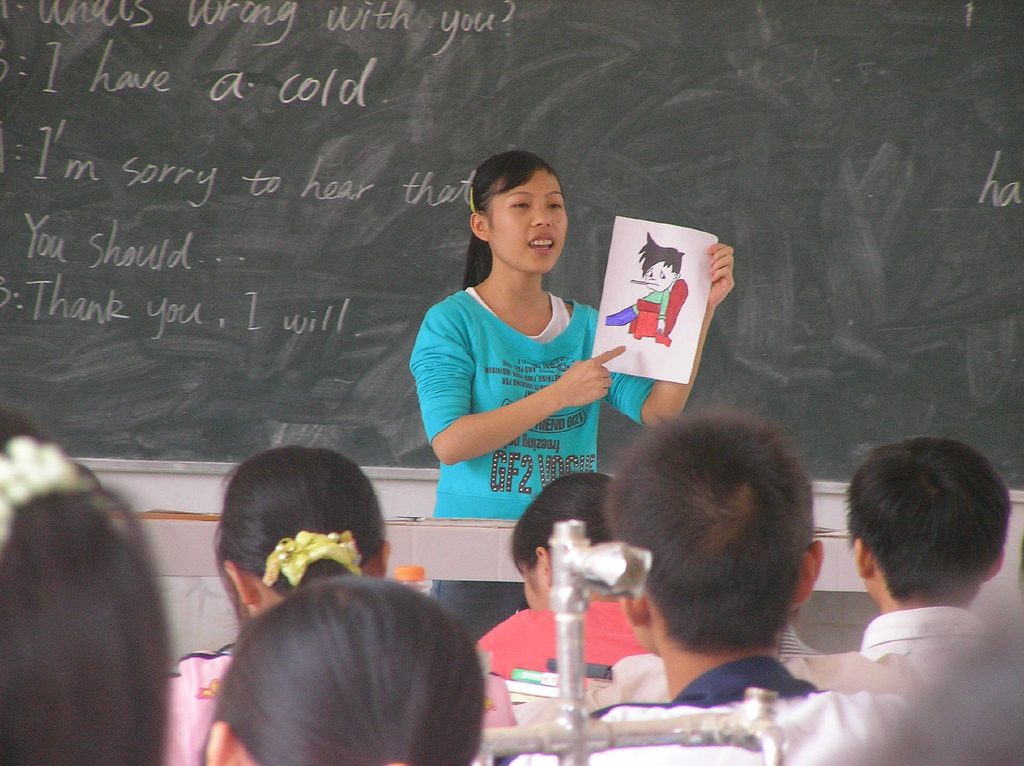The best way for teachers to successfully and adequately educate their students is to know them better. Discord in the teacher-and-learner academic relationship is mostly brought about by differences and lack of understanding from the authority’s part which, in this case, is the educator.

Effective learning and teaching don’t need just colorful and engaging visuals, but also the right interpersonal connection between the learners and the teachers.
What Does It Mean To Be ‘Culturally Sensitive’?
Cultural sensitivity means the acknowledgment of cultural similarities and differences present among people in the world without the attribution of value to a particular group. In simple terms, being culturally sensitive is being aware of the background diversity of the people around you without the judging of who’s better and who’s not.
If you are culturally sensitive, then you don’t attribute any positive or negative values to a race, color, ethnicity, and culture. You do not treat a member of a particular culture with a higher priority than someone from another culture. Culturally sensitive teachers know their students’ backgrounds and foster this awareness in the classroom. Furthermore, these teachers care even about their students’ emotional and cultural needs.
How Important Is It To Be Culturally Sensitive?
Students from different parts of the world have different attitudes, behavior and set of norms brought about by their own culture, beliefs, and traditions. A culturally sensitive classroom, in fact, build bridges between their home environment and the school setting. This bridge, in turn, is a way of bringing those academic and educational abstractions into life and application.

Furthermore, teachers who are not aware of this diversity and do not incorporate cultural sensitivity in the classroom usually fail at connecting with their students. More often than not, this is already a failure on the part of the educator’s ability to teach as students no longer show an interest in learning. Take note that students who lack interest in learning may display and develop bad behavior.
What Are The Qualities Of A Culturally Sensitive Educator?
Teachers who are culturally aware reject and avoid the stereotyping of certain cultures, races, and colors. Teachers who care about their students’ backgrounds and ways of life recognize their learning and interaction styles. The following are some of the ways to achieve this.
- Research your students’ ethnicity and way of life
- Learn how to pronounce their given and family names properly
- Keep in mind the non-native speakers of the common language used in the class. Tailor instructional materials according to their level of fluency
- Avoid labels
- Avoid showing subtle biases towards a particular race, ethnicity, or culture
- Avoid varying levels of expectations for different students
- Build positive relationships with parents

Educators should keep in mind that teaching is more than just increasing the school’s national achievement scores and even more than just the students’ academic grades. Recognizing differences in culture, religion, social class, ethnicity, and language is important as it will pave the way for teachers to develop an encouraging connection with the students.
Remember that the learners’ participation is highly dependent on the educators and their competency academically and culturally.
